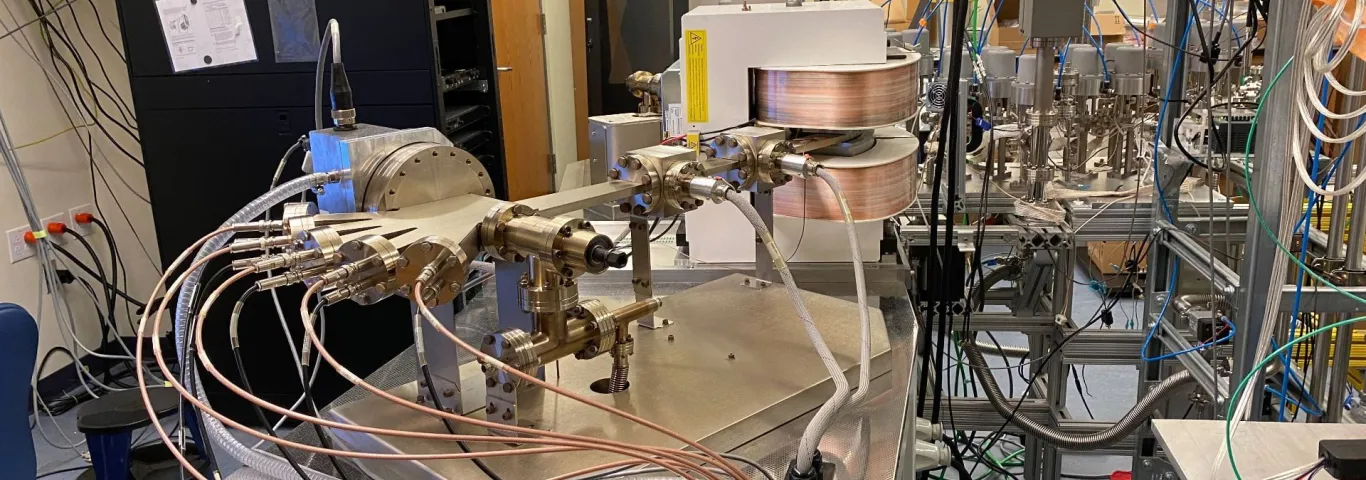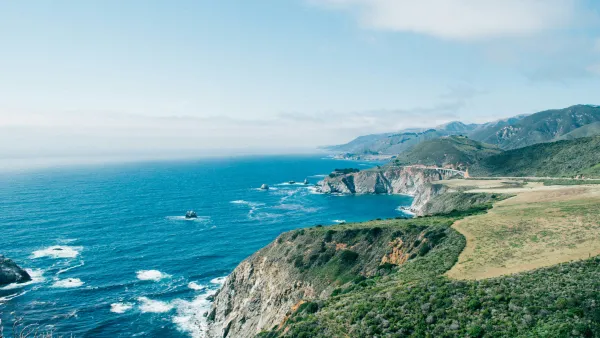A planet's surface conditions are set by the circumstances of its accretion and the long-term co-evolution of the planet's interior and surface. Planetary bodies grow by accreting material from a feeding zone around a star. Depending on the distance from the star, and whether radial mixing of material in a proto-planetary disk brought particularly volatile-rich planetary building blocks inward, the planet may accrete volatile-rich or not. Energetic impacts during accretion can drive loss of volatiles from the growing planet to space. After accretion, volatiles are transported between the planet's interior and surface reservoirs by volcanic outgassing, which moves volatiles from the interior to the surface. On Earth, the subduction of tectonic plates can transport surface volatiles into the interior. Thus, the surface volatile budget (on Earth, our atmosphere and ocean) is set by this integrated history, from the formation of the planet to the present-day.

Rita Parai uses noble gas isotopes in geological samples to trace volatile origins and transport. Noble gases are present at very low abundances in planetary materials, but tend to trace major volatile transport. Noble gases are so scarce in terrestrial silicate reservoirs (the mantle and the crust) that their isotopic compositions are strongly affected by radioactive decay, even when the radioactive parent isotopes are themselves rare in planetary interiors (like uranium, thorium and plutonium). By studying noble gas isotope ratios in geological samples, one can trace volatile origins and transport over time. Parai is currently investigating topics like accretional heterogeneities in Earth's interior, the co-evolution of Earth's interior and surface compared to those of Venus, and the chemical evolution of Earth's atmosphere over billions of years. A highlight of her current research portfolio is participation on Washington University's team for the Apollo Next-Generation Sample Analysis Program, where she is working on a gas extraction manifold to collect and eventually analyze the head space gas from pristine lunar samples that have been sealed for nearly 50 years.
Parai teaches a freshman seminar called Habitable Planets, and graduate courses in Radiogenic Isotope Geochemistry and Mantle Geochemistry. Prior to starting at Washington University, she was a postdoctoral fellow at the Carnegie Institution for Science in Washington, D.C. She enjoys walking in the many wonderful parks and gardens of St. Louis.


